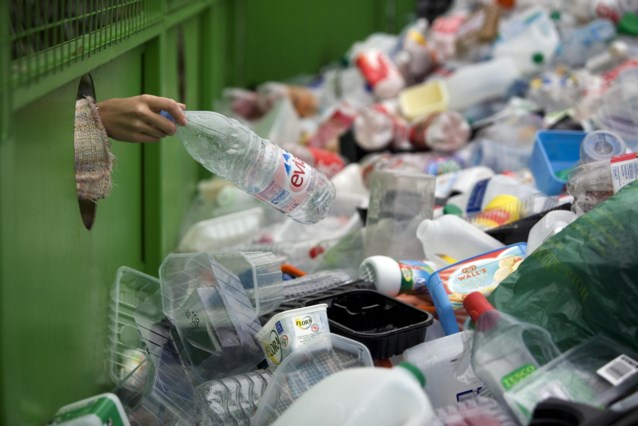Companies that produce or transport small plastic grains are confronted with stricter rules in the European Union. The European Parliament and the Member States have reached an agreement on this new legislation against plastic pollution in the environment.
Micropellets or very small plastic granules form the raw material for the production of just about all plastic products. However, both production and transport are often spilled with those granules. For example, the pellets, which are not degradable, end up unintentionally in the environment and they pollute seas and oceans. It is estimated that up to 184,000 tons of pellets are lost annually in the EU.
Negotiators of the European Parliament and the Member States have agreed on a regulation that must tackle this source of plastic pollution in the night from Tuesday to Wednesday. Companies must make a risk analysis, with procedures to avoid, limit and clean up unintended losses. This applies through the entire value chain, from production to packaging and drawing and unloading, both on land and at sea.
Companies that process more than 1,500 tonnes per year must regularly prove that they meet the duties through a certificate delivered by an independent authority. Smaller companies get more respite, and up to 5 years after the entry into force of the rules have the time to obtain a one -off certificate. For companies that process less than 1,500 tons, a self -declaration is sufficient.
The compromise must reconcile the environmental objectives of the original proposal from 2023 with the new European policy priority to alleviate the administrative pressure on companies. “The most difficult thing about politics is to make the virtually irreconcilable still work. We did that today. We protect nature without having to unnecessarily burden the industry,” says MEP Liesbet Sommen (CD&V), who along with negotiated the agreement.
Sumen also points out that binding rules will apply to maritime transport for the first time, which transports around 38 percent of all plastic grains in the EU. “Simple measures, such as storing a container below deck, can mean large profits. This reduces the chance that containers with plastic grains end up in our sea and on our beaches.”
The compromise must still be ratified by the Member States and the Parliament. Another two years later, the regulation comes into effect.
